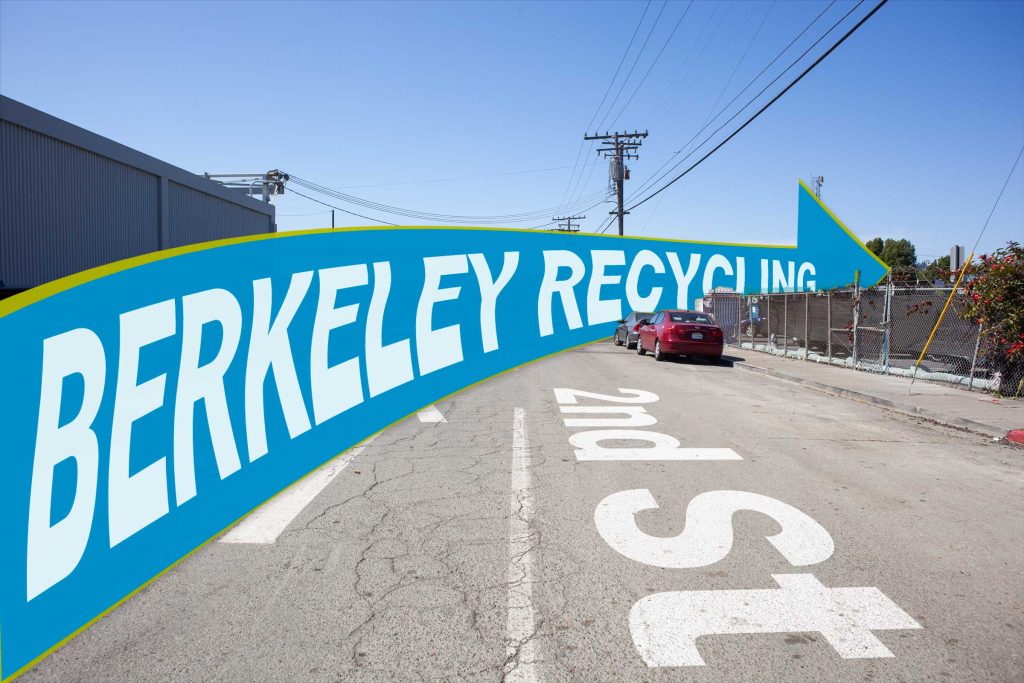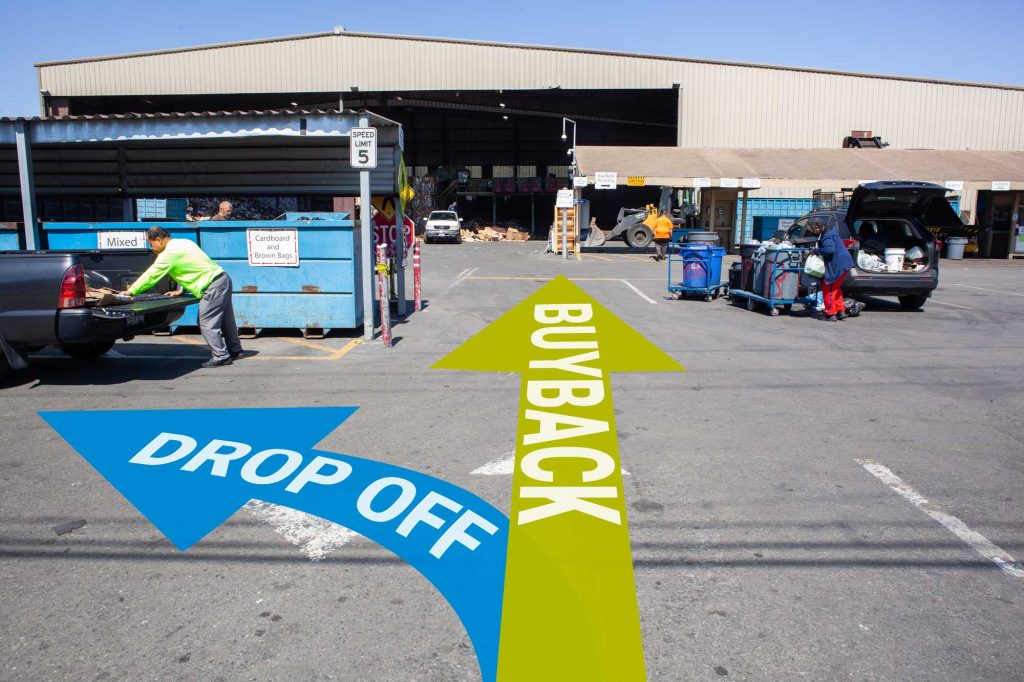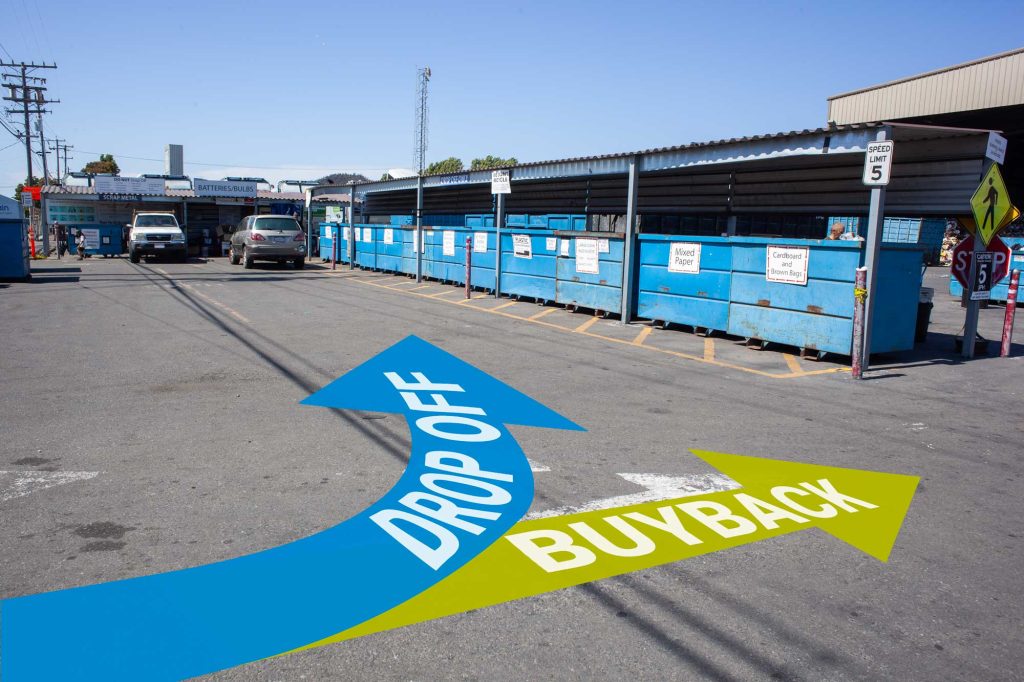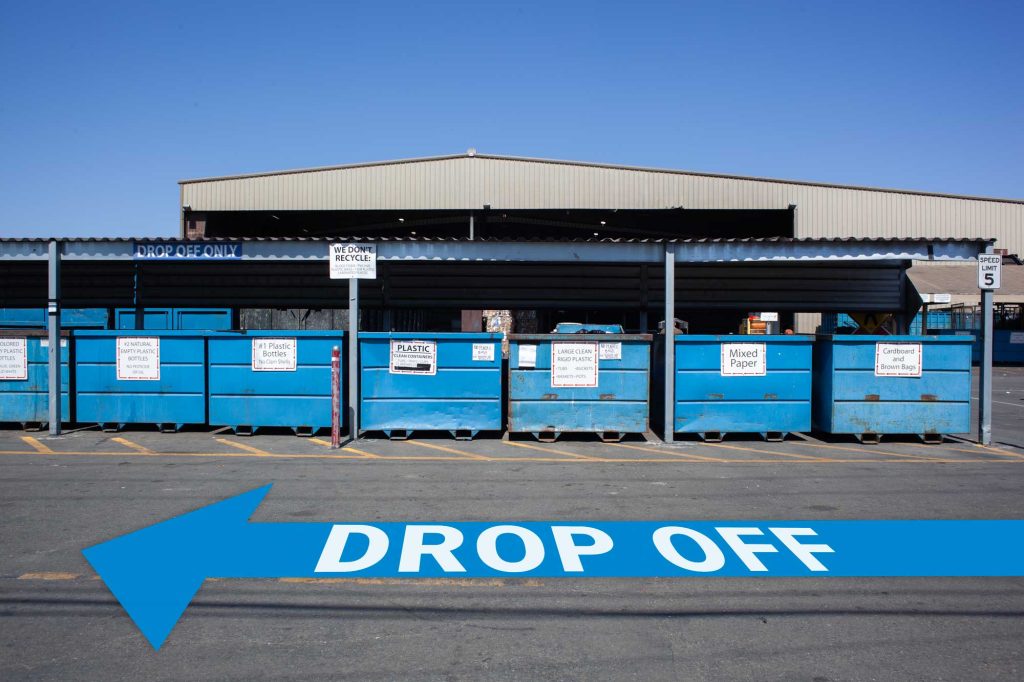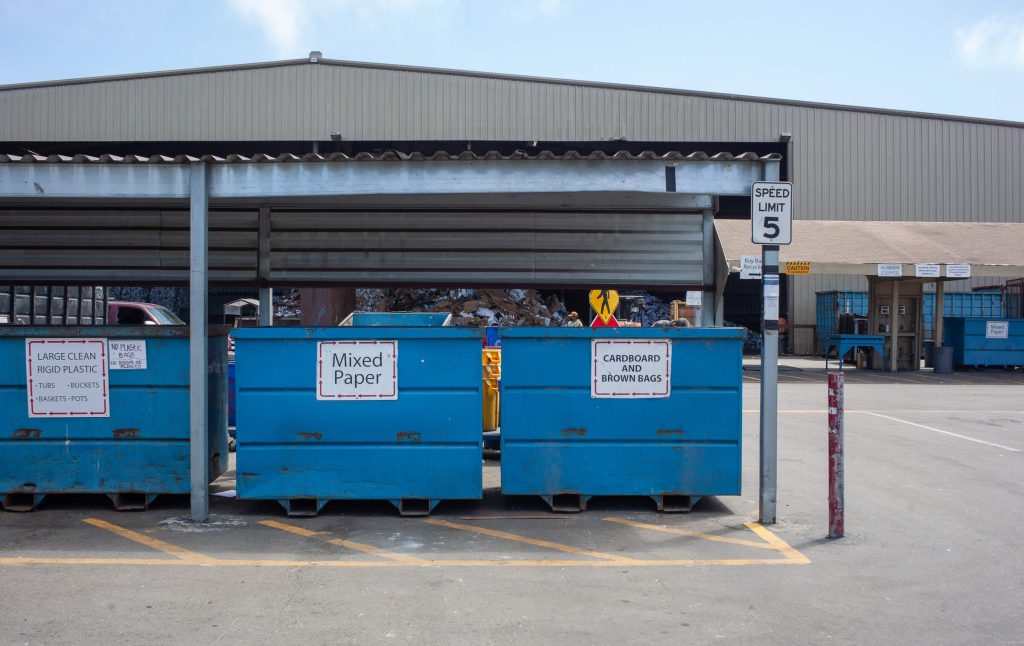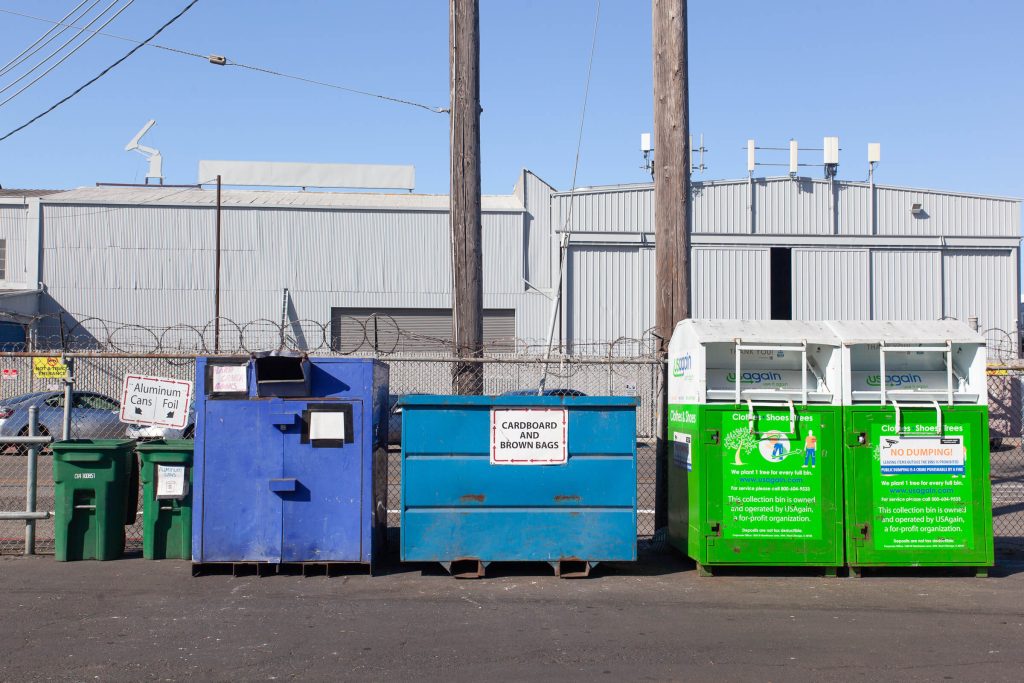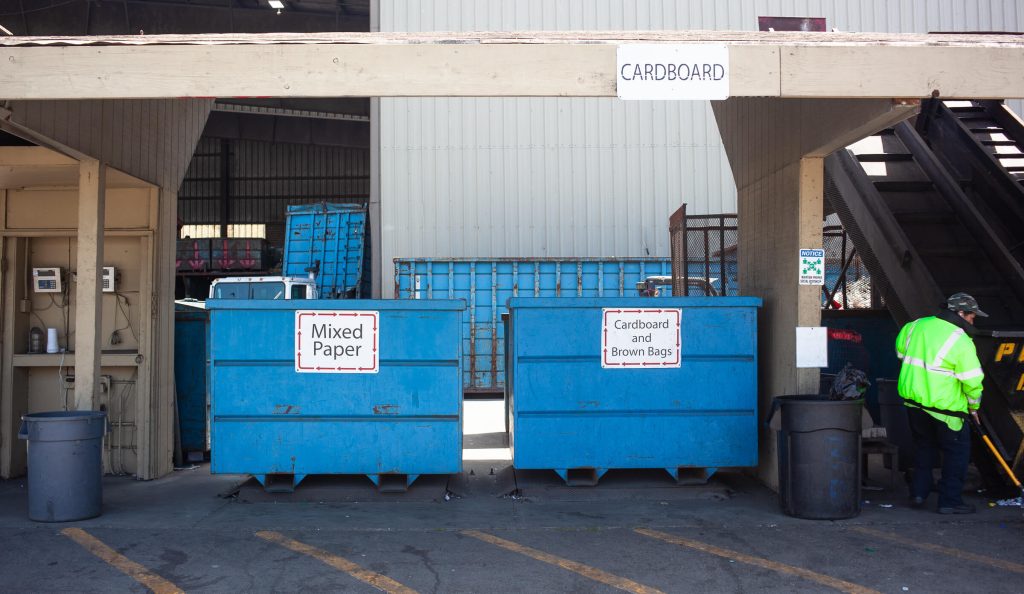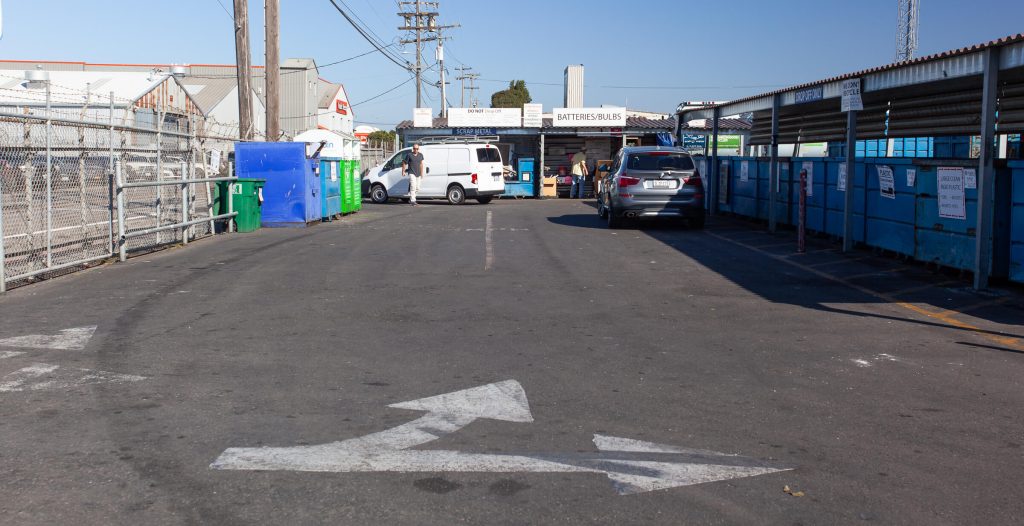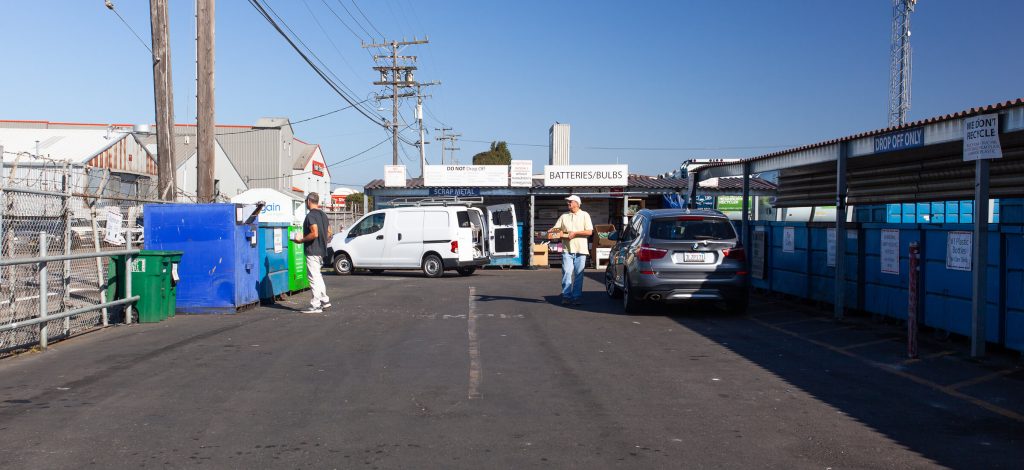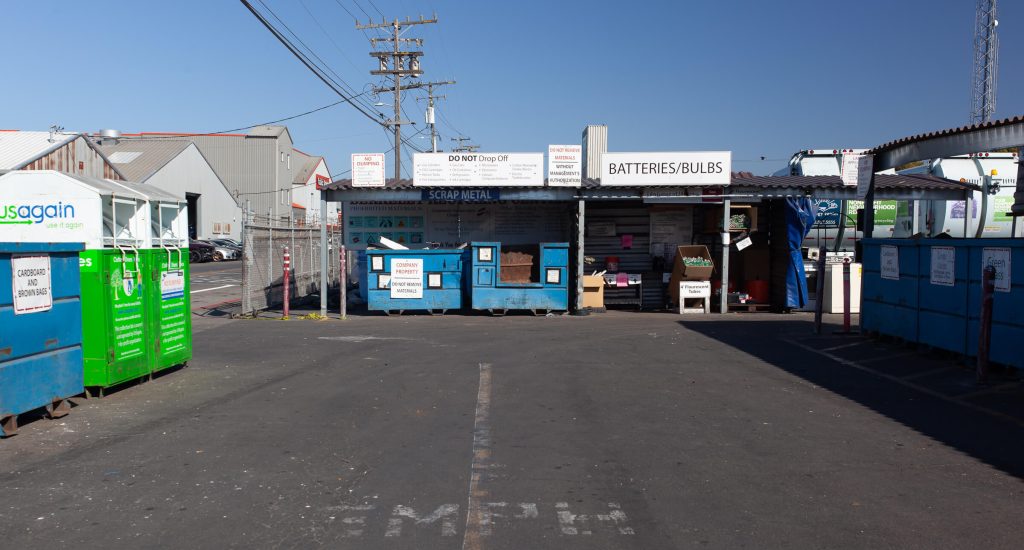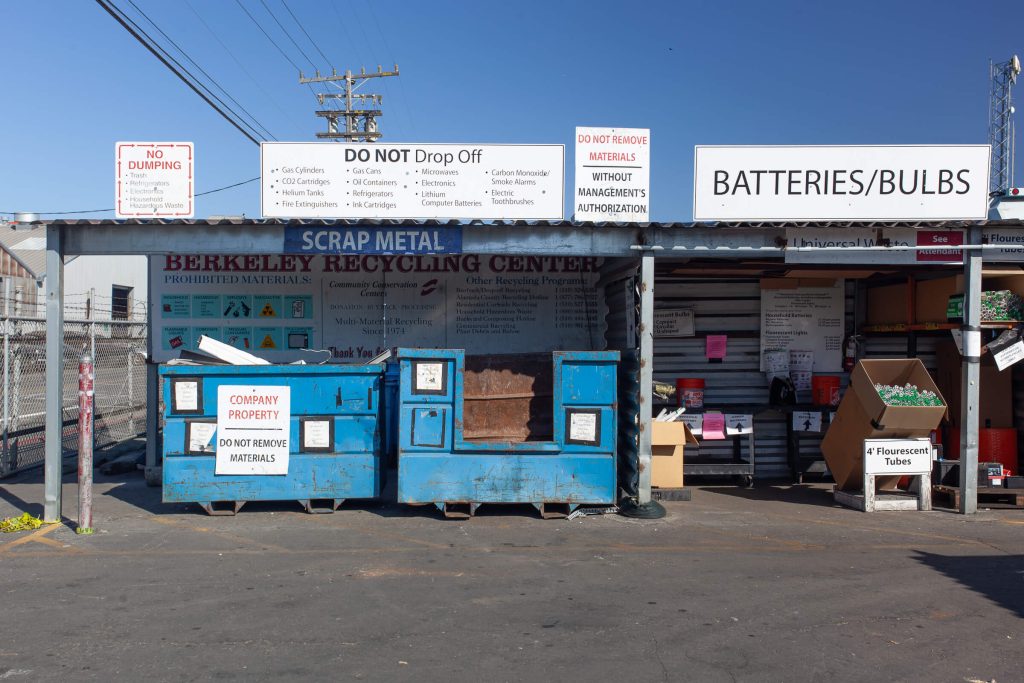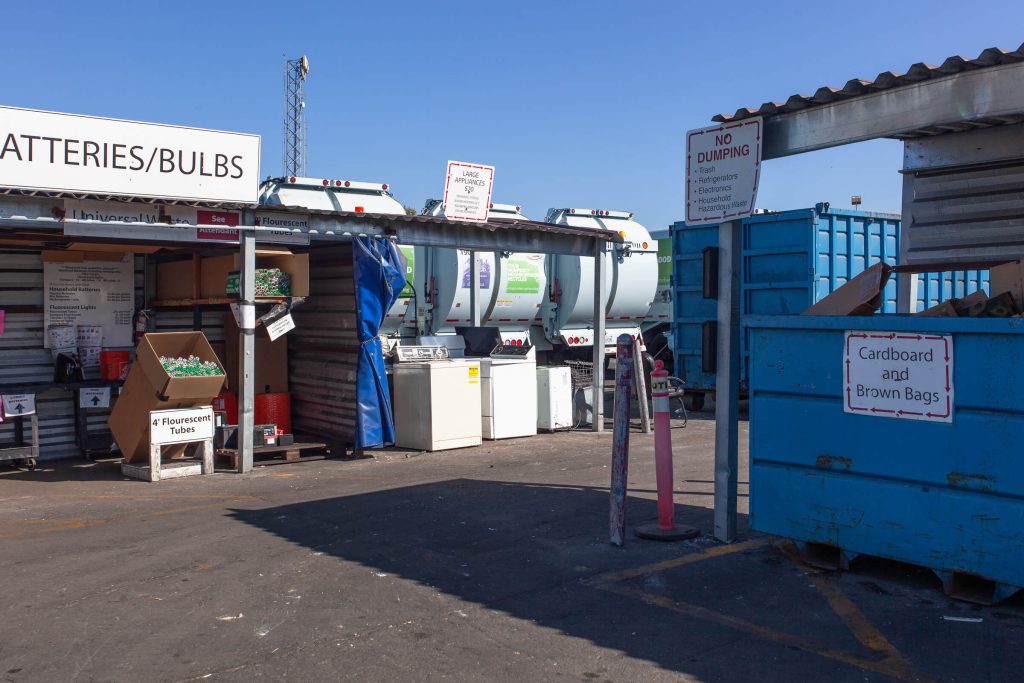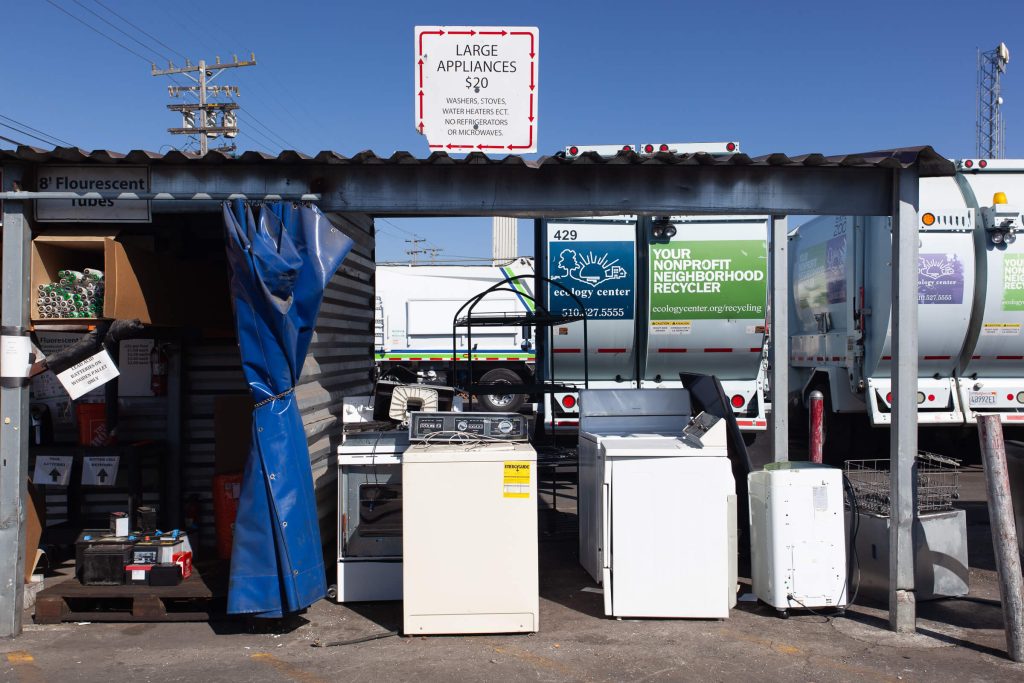Jump to disposal fees for Household Batteries | Fluorescent and Miscellaneous
Hazardous wastes are items that contain hazardous substances that are harmful to human and environmental health and which have one or more of the following four characteristics:
- Toxic (poisonous)
- Reactive (can explode)
- Corrosive (acidic or alkaline; can cause burns)
- Ignitable (can catch fire)
Most hazardous wastes are generated by industrial businesses and are subject to rigid reporting and management standards for handling and disposal. However, many common items used in households also contain hazardous substances; these items are called Universal Waste (UW).
Common examples of UW include televisions, computers, computer monitors, batteries, and fluorescent lamps. These items are generated in a wide range of environments —this is why they are called universal—and pose a lower risk to humans and the environment compared to other hazardous wastes. Therefore, proper handling and disposal of UW is less rigorous, and until February 9, 2006, most UW was placed in the trash and in landfills.
Effective February 9, 2006, California passed a new law stating that UW should not be disposed in the landfill or trash. Households are not exempt from the Universal Waste Rule and must recycle their universal wastes. In general, the person who decides to discard something is responsible for determining if it is a hazardous waste and for properly disposing of it.
Universal Waste: What is it?
UW contain harmful chemicals which, if put in the trash, may harm people or the environment. UW may contain corrosive chemicals that can cause burns, as well as toxic metals like cadmium and lead. The following are examples of UW that cannot be discarded in landfills:
- Fluorescent Tubes/Bulbs and other Mercury-containing lamps (If broken place in trash)
- Household batteries, rechargeable batteries, button batteries
- Thermostats, Thermometers, electrical switches and relays
- Electronic devices such as: televisions, computer monitors, computers, printers, VCRs, cell phones, telephones, radios and microwave ovens
Why can’t I throw it away?
The chemicals in these UW can contaminate our air, water and possibly the food we eat, if not properly disposed of. They can cause additional hazards to your garbage handler as well.
What can I do with it?
Residents and small businesses in Alameda County can drop-off household batteries and fluorescent lights up these limits for free:
Household and tool batteries, including rechargeables
Up to 5 pounds, or 1 quart
We also accept tool batteries up to 5 pounds
Fluorescent lights
Compact bulbs: up to 10
Fluorescent tubes, 4 ft.: up to 10
Fluorescent tubes, 8 ft.: up to 6
For quantities above these limits, and for other items, see below.
| Household Batteries | |||
|---|---|---|---|
| Regular Batteries | $1.00/pound | ||
| Mixed Batteries | $2.00/pound | ||
| Rechargeable/coin | $4.00/pound | ||
| Tool Batteries | Up to 5 pounds, free | ||
| Fluorescent Lights and Miscellaneous | |||
|---|---|---|---|
| Fluorescent Tubes | $0.25/foot | ||
| Compact Fluorescent | $1.00 each | ||
| Circular/U-shape | $2.50 each | ||
| Industrial Lights | $3.00 each | ||
| Light Ballasts (must be marked “PCB Free”) | $2.00 each | ||
We accept Visa, debit cards, and checks.
For more information on UW and where you can take it, call the Alameda County Recycling Hotline at 877-STOPWASTE (786-7927), or go to their Website at www.StopWaste.Org/HHW
For more information on hazardous and universal wastes, please go to
https://dtsc.ca.gov/universalwaste/

